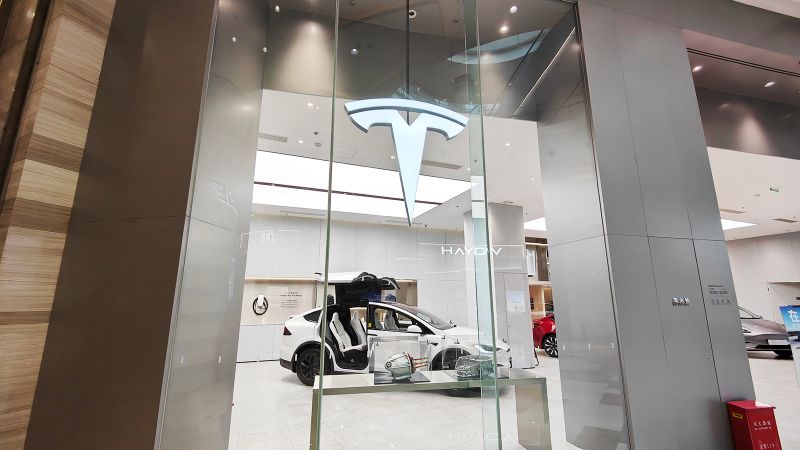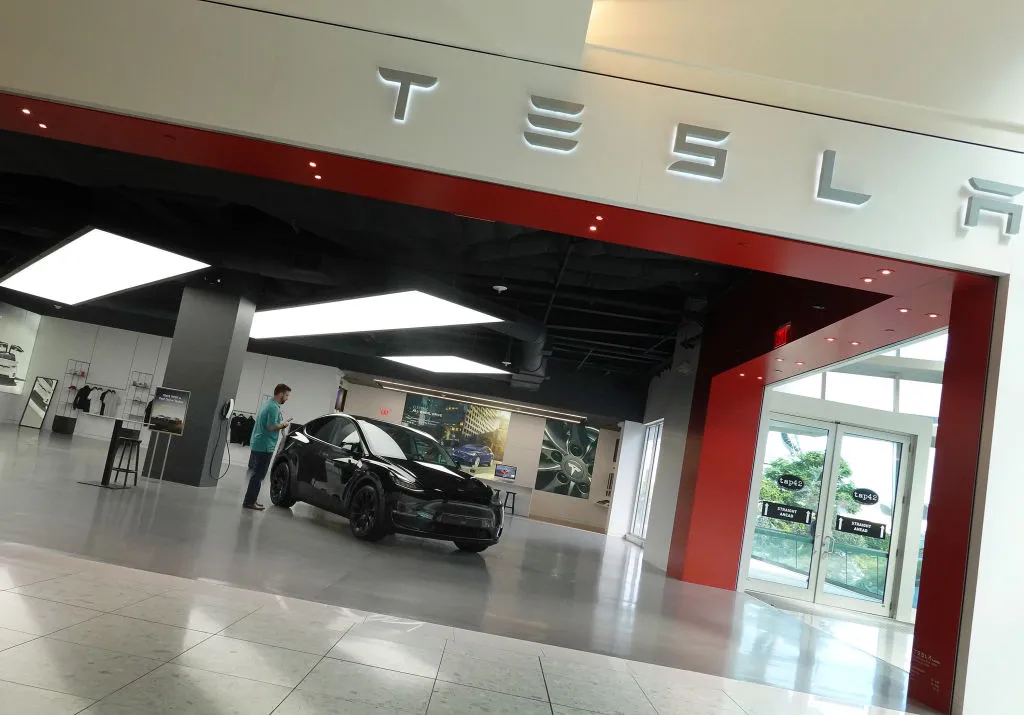Metallurgy graduate Wang Chuanfu founded BYD, a modest Chinese company, in 1995 with the intention of surpassing competing Japanese companies in the production of rechargeable nickel-cadmium batteries.

After almost 30 years, the Shenzhen-based company has emerged as the world’s top producer of electric vehicles (EVs); in the final quarter of 2023, it even surpassed American behemoth Tesla (TSLA) in terms of global sales of pure-play EVs.
However, the two businesses are still neck and neck, with Tesla taking the lead again in the first quarter of 2024.
Four charts show how they compare:
most valuable automakers
When Tesla went public in June 2010, its shares were valued at $17 per. After over 14 years, the corporation is now valued more than any other automobile company in the world, with shares trading above $166 and a market capitalization of approximately $560 billion. By market value, it is also one of the largest firms in the world.
Based on data and analytics from Global-Data, a London-based data and analytics organization, Murthy Grandhi, a business fundamentals expert, estimates that BYD’s $81 billion market worth puts them in the top 10 automakers globally.
Even so, it lags significantly behind Tesla and other automakers, including Toyota (TM) and Stellantis (STLA), a company formed in 2021 when Fiat Chrysler Automobiles and the French PSA Group merged. Cars from 14 different brands, such as Chrysler, Citroën, Jeep, Maserati, and Peugeot, are sold by the group.
However, BYD has already overtaken Ford (F) and BMW and is closing the gap on Mercedes-Benz and Ferrari (RACE).
About 230,000 more Tesla vehicles were sold in 2023 than BYD. However, between 400,000 in 2022 and 600,000 in 2021, the difference has been closing.
And in the final quarter of 2023, BYD achieved a significant milestone: selling more battery electric vehicles (BEVs) worldwide than Elon Musk’s company did. This was partly because of a downturn in Tesla’s largest market, China, as well as a general decrease in the demand for EVs.
